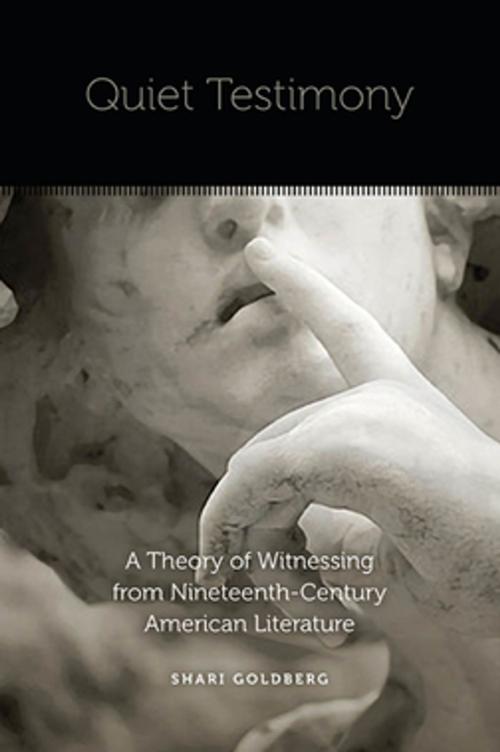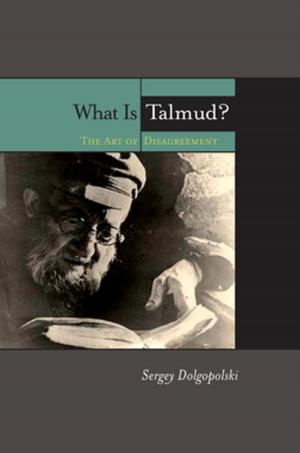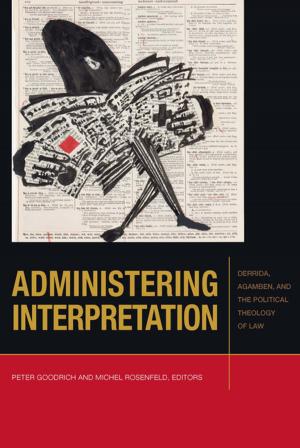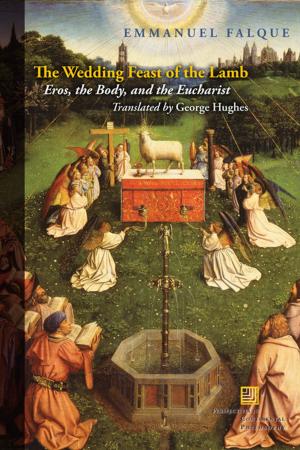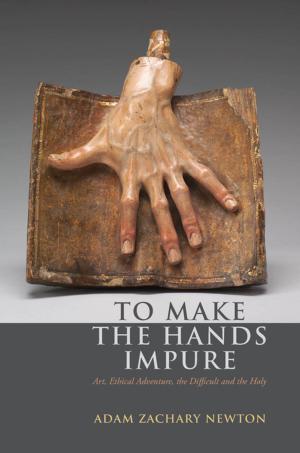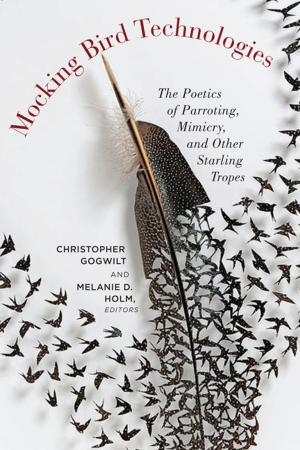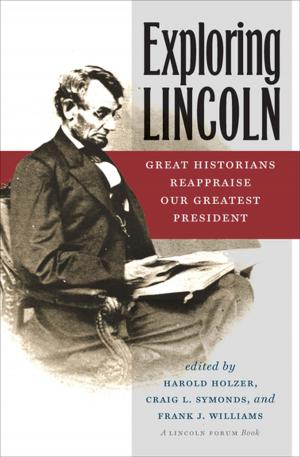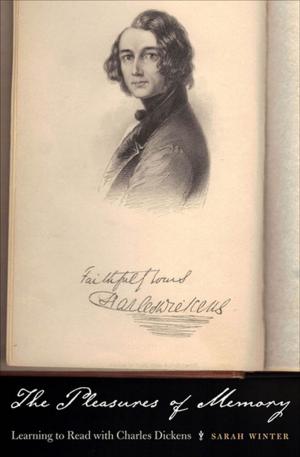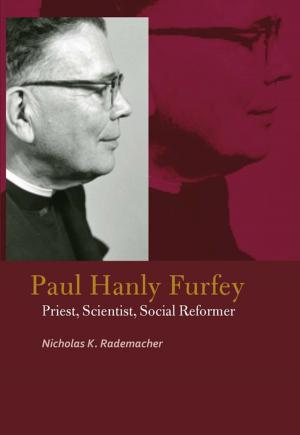Quiet Testimony
A Theory of Witnessing from Nineteenth-Century American Literature
Nonfiction, Religion & Spirituality, Philosophy, Free Will & Determinism, Fiction & Literature, Literary Theory & Criticism, American, Theory| Author: | Shari Goldberg | ISBN: | 9780823254781 |
| Publisher: | Fordham University Press | Publication: | September 2, 2013 |
| Imprint: | American Literatures Initiative | Language: | English |
| Author: | Shari Goldberg |
| ISBN: | 9780823254781 |
| Publisher: | Fordham University Press |
| Publication: | September 2, 2013 |
| Imprint: | American Literatures Initiative |
| Language: | English |
The nineteenth century was a time of extraordinary attunement to the unspoken, the elusively present, and the subtly haunting. Quiet Testimony finds in such attunement a valuable rethinking of what it means to encounter the truth. It argues that four key writers—Emerson, Douglass, Melville, and Henry James—open up the domain of the witness by articulating quietude’s claim on the clamoring world.
The premise of quiet testimony responds to urgent questions in critical theory and human rights. Emerson is brought into conversation with Levinas, and Douglass is considered alongside Agamben. Yet the book is steeped in the intellectual climate of the nineteenth century, in which speech and meaning might exceed the bounds of the recognized human subject. In this context, Melville’s characters could read the weather, and James’s could spend an evening with dead companions.
By following the path by which ostensibly unremarkable entities come to voice, Quiet Testimony suggests new configurations for ethics, politics, and the literary.
The nineteenth century was a time of extraordinary attunement to the unspoken, the elusively present, and the subtly haunting. Quiet Testimony finds in such attunement a valuable rethinking of what it means to encounter the truth. It argues that four key writers—Emerson, Douglass, Melville, and Henry James—open up the domain of the witness by articulating quietude’s claim on the clamoring world.
The premise of quiet testimony responds to urgent questions in critical theory and human rights. Emerson is brought into conversation with Levinas, and Douglass is considered alongside Agamben. Yet the book is steeped in the intellectual climate of the nineteenth century, in which speech and meaning might exceed the bounds of the recognized human subject. In this context, Melville’s characters could read the weather, and James’s could spend an evening with dead companions.
By following the path by which ostensibly unremarkable entities come to voice, Quiet Testimony suggests new configurations for ethics, politics, and the literary.
